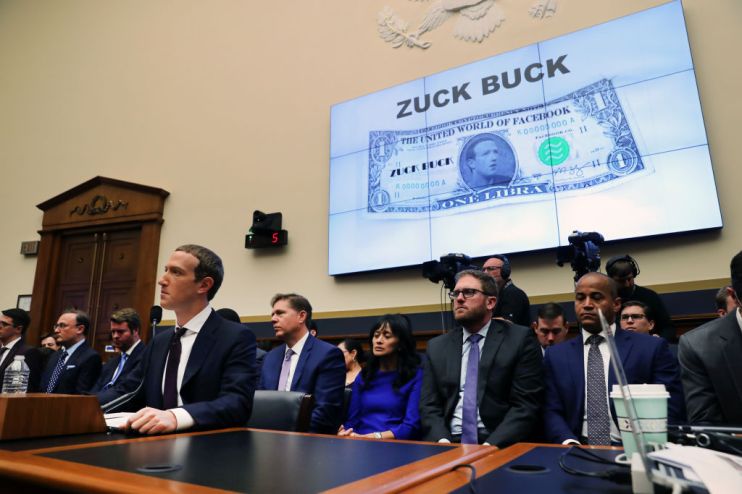Would libra have more success if it wasn’t launched by Facebook?

At the World Blockchain Forum in September, one of the speakers asked who in the audience thought that libra was likely to succeed in taking cryptocurrencies mainstream.
About half the room raised their hands. He then continued: “Who wants it to be Facebook that achieves this?” All hands were hastily lowered.
It comes as no surprise that a crypto audience would respond like this. Under Facebook’s strict advertising rules, the majority of crypto organisations found themselves unable to promote their offerings via the site. This feels like a calculated move one year before Facebook launched its own cryptocurrency.
However, contempt for the proposed digital currency extends far beyond the crypto community. Libra has suffered blow after blow, from governmental bodies condemning it, to seven of its 28 backers getting cold feet and abandoning the project.
This peaked at the end of October, when the US House of Representatives Committee on Financial Services laid into chief executive Mark Zuckerberg, using libra as evidence of the company’s blase attitude toward everything from data breaches to misleading political ads.
This begs the question: would the new currency have had more success if it was launched by a less controversial company?
At its core, libra is an excellent idea. Currently, 1.7bn adults in the world don’t have access to a bank account. However, the percentage which doesn’t have access to social media or a smartphone is dramatically lower.
Having a stable digital currency which transcends borders and is usable by anyone with access to a smartphone would democratise global payments, allowing people who have previously been shut out by the financial system to send and receive cash on a daily basis.
So if the idea is sound, why has libra had such a hostile reception?
One obvious problem is that Facebook’s offering requires approval from governments whose own currencies stand to lose out if libra succeeds. Accepting the potential benefits of a global universal currency also means accepting that the current financial system is flawed, and it is not in the interests of government regulators to bet against their own prosperity.
But personal stake aside, there was one common underlying factor in the criticism from governments, crypto industry leaders, and businesses alike: Facebook’s under-qualification for the job.
At the end of last year, Facebook was voted the least trusted tech company in the world. It’s not hard to see why — not only is the company currently embroiled in fake news scandals relating to political advertising, but it has still not fully recovered from the Cambridge Analytica revelations last year.
Consequently, despite assurances from Facebook that it will share customers’ financial data with third parties only in necessary cases, people simply don’t trust the tech giant to handle their data responsibly.
As a result, it could be a case of finding the right horse with the wrong backers. Perhaps a company with a slightly less nefarious reputation would have had more luck.
Of course, it would have been difficult to find an organisation with the same global reach which is squeaky clean. The only other one which comes to mind is Amazon, which comes in behind Facebook at number two on the list of least trusted tech firms.
Still, as libra limps towards its proposed 2020 launch, one thing is clear: if Facebook pulls this off, it will be the PR coup of the century. Whether the currency goes ahead or not, it seems that crypto and libra are now inexorably linked, with prices rising and falling in conjunction with each twist and turn of libra’s rocky journey.
Those in the cryptocurrency space hoping for a decentralised currency to go mainstream will have no choice but to strap in and see where the libra rollercoaster ends up.
Main image credit: Getty